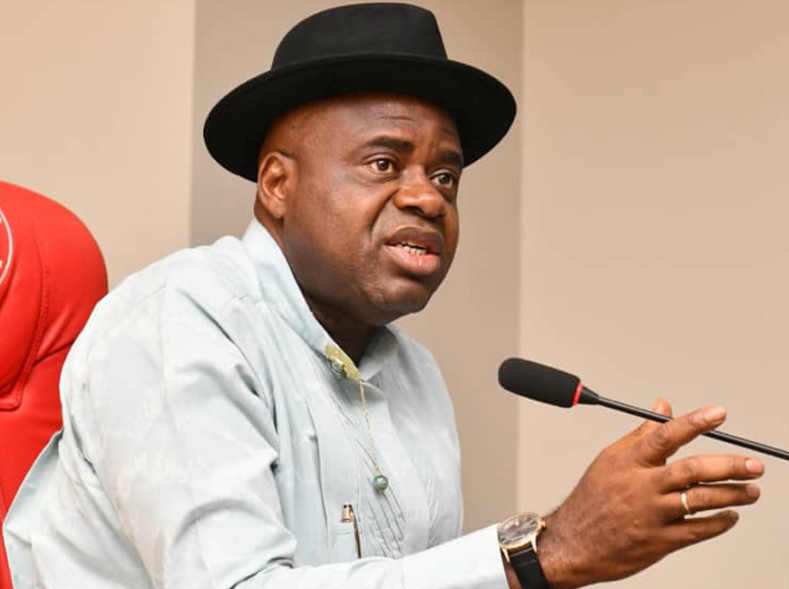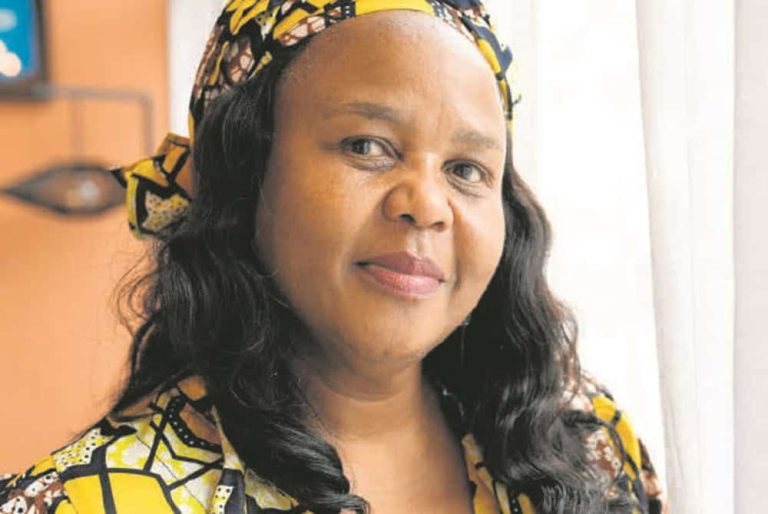
Bayelsa State Governor Douye Diri has called for the inclusion of the state as an equity stakeholder in the $3.5 billion Brass Fertiliser and Petrochemical Company project, set to commence on Brass Island later this year.
Speaking when the company’s management team visited him at Government House, Yenagoa, on Tuesday, Governor Diri said the state’s involvement was necessary in order to correct the exclusion of oil-producing states and local governments from the Petroleum Industry Act (PIA).
“The state must not be totally excluded from being partners in progress in this whole process,” Diri said. “When the Petroleum Industry Act was in its formative stage as a bill, we made a presentation through the Attorney General and Commissioner for Justice after consulting with our people, communities and chiefs. But at the end of the day, our inputs were ignored and thrown overboard as the PIA excluded the oil-producing states and their local governments.”
He described the PIA as an anomaly that disregarded the Nigerian Constitution, which vests land ownership in state governments, warning that the oversight had already created communal conflicts and litigations.
“The federal government now interacts directly with the communities, and that is an affront on the Nigerian Constitution. The Constitution says the land belongs to the state government and not the federal government. These anomalies have made the law a time bomb. Because of the PIA, there are intra and inter-communal conflicts and litigations. Even funds realised for development cannot be disbursed to the communities. If anybody thinks the state is not very important, we will then wash off our hands,” the governor said.
Governor Diri, however, expressed optimism that the Brass Fertiliser and Petrochemical Company would be different, urging its management to work with the state government to avert conflicts and foster sustainable development. He commended President Bola Tinubu’s administration for reviving the project, noting that it was conceptualised in 2009, gained traction under a previous administration, but stalled for years.
“I must commend President Tinubu for his positive response to our calls for federal presence. The revival of this fertiliser and petrochemical project is long overdue,” he added.
Managing Director of the Brass Fertiliser and Petrochemical Company, Chief Ben Okoye, said the project—designed to produce 10,000 metric tonnes of methanol per day—would finally commence in October after agreements on gas supply were concluded earlier this year following a presidential directive.
Okoye praised the state government for constructing the Nembe-Brass road, noting that it would save the company about $100,000 in logistics costs for transporting equipment and materials.
Project Coordinator, Mr. Cyril Akika, highlighted the project’s economic impact, including the creation of more than 15,000 jobs during construction and 5,000 permanent jobs upon completion. He added that the project would boost internally generated revenue, strengthen Bayelsa’s SME sector through supply chains, and provide equity dividends for the state.
Other benefits, Akika said, include infrastructure development, community empowerment, the positioning of Brass Free Zone as a global petrochemical hub, and the establishment of a 300MW gas-fired power plant to ensure energy security.
The Bayelsa State government said it looked forward to a partnership that guarantees peace in host communities while unlocking the project’s full economic potential.



